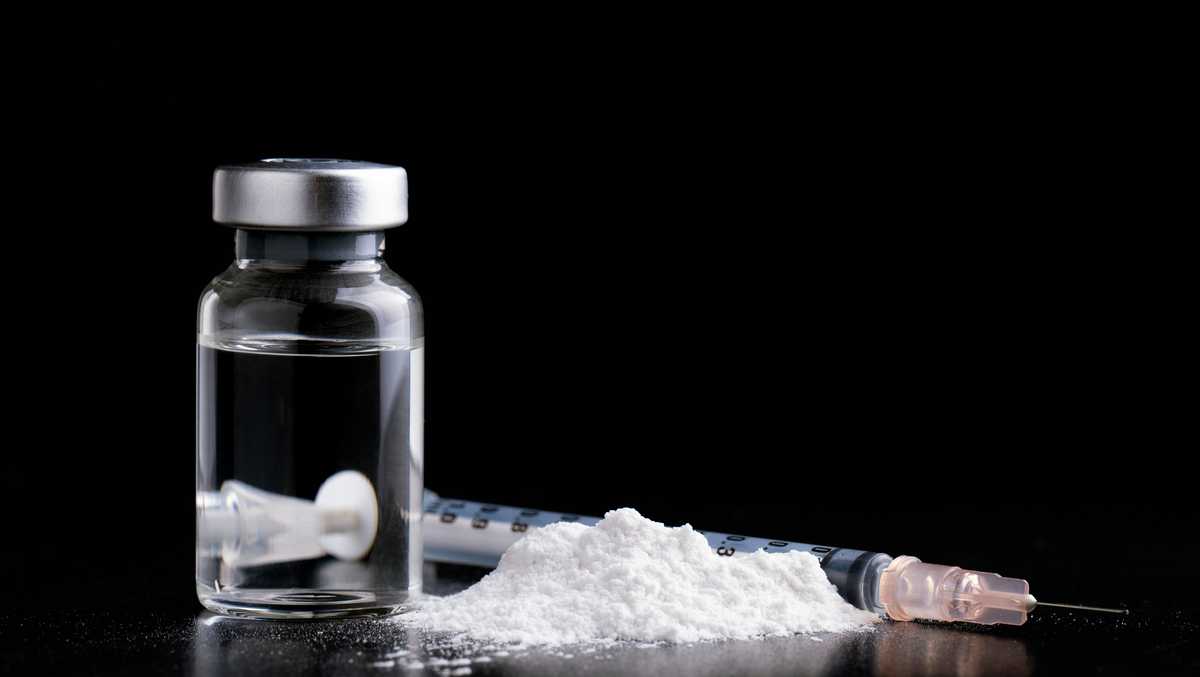Phillyrube
Leading Chief
- 203
- 134
- 43
Study out of Florida showing fatalities where sedation was administered by medics.

 www.wesh.com
www.wesh.com

At least 17 people died in Florida after medics injected sedatives during encounters with police
Critics argue that the medications, given without consent, can be too risky to be administered during police encounters.
